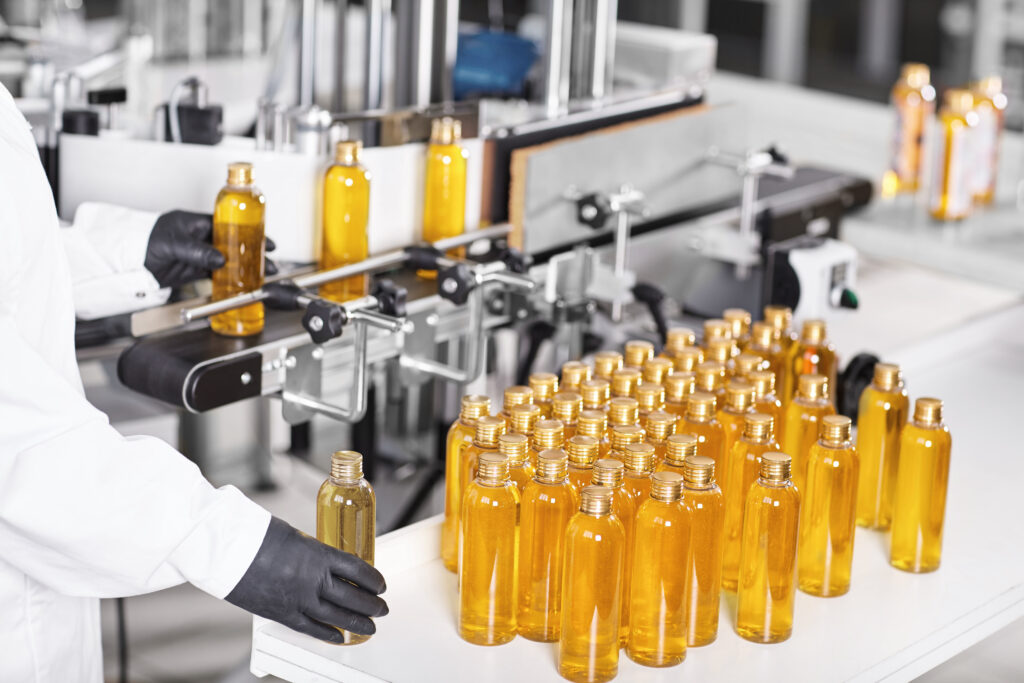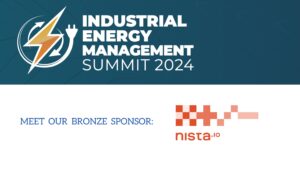The food and beverage industry has an enormous impact on the environment. It accounts for around 30% of global energy usage. With growing populations and demand putting pressure on natural resources, companies must overhaul production practices. As a result, it can curb emissions. Solutions exist across ingredients, processing, packaging, and transportation. These can chart a more sustainable path forward. In this article, we will dive into the future of food & beverage.
We will see the need for sustainability, and how to embrace energy-efficient solutions and decarbonization. We will also look at the 2nd Net Zero Food & Beverage Forum as a catalyst for taking this change forward. So, let’s get going.
Future of food & beverage: The imperative for sustainability
As climate change threatens food security while prices rise amidst supply chain disruptions, the imperative for the food and beverage industry to embrace sustainability has never been greater. Major environmental impacts come from energy used for food processing and refrigeration. It also comes from the transportation of ingredients and finished products, as well as the manufacturing and disposal of packaging.

While the scale of the challenge is massive, leading companies recognize the strong business case for action. Beyond protecting future supply chains, energy efficiency and decarbonisation unlock cost savings. Furthermore, consumers and investors now demand that brands uphold higher ethical standards and reduce their environmental footprints.
Let us move ahead and see some ways by which energy efficiency and decarbonisation solutions can be unlocked.
Exploring energy efficiency and decarbonisation solutions
To begin responding to sustainability challenges, food and beverage businesses are assessing energy usage and carbon emissions across their operations. This informs opportunities to transition toward renewable power. It also informs to optimize manufacturing processes and adopt emerging technologies that curb fossil fuel reliance.
Sustainable manufacturing processes
When analyzing manufacturing operations, energy metering helps identify efficiency gaps. This is while heat recovery mechanisms and switching to renewable electricity sources like solar PV and wind can help drive optimization. Leaders in the industry have established ambitious renewable energy targets. This is with food & beverage giants like Nestlé, PepsiCo, and Anheuser Busch InBev committed to 100% renewable electricity across global operations by 2025-2030.
Transitioning thermal processing equipment like ovens, dryers, and evaporators to run on renewable electricity or biogas also reduces direct carbon emissions. Furthermore, deploying automation and AI to optimize utilization rates in the future of food & beverage minimizes energy requirements per unit of food output.
Emerging processing & transport technologies
Innovative technologies also show strong promise for curbing carbon footprints. This is across production, processing, storage, and transportation activities. Moreover, solutions like ultrasonic vacuum drying, smart glass storage units with dynamic light/temperature properties, and blockchain traceability for supply chains are gaining serious traction.
These processing and cold chain advances can minimize product losses while slashing electricity usage in the future of food & beverage. Carbon-friendly transport options such as electric/hydrogen vehicle delivery fleets and port/warehouse renewable energy procurement also minimize supply chain emissions.
Sustainable packaging materials
Consumer pressure and regulation aimed at packaging waste and pollution are further driving change. Companies are also working to “lightweight”, improve recyclability, and increase recycled content. This is across product packaging. Additionally, the use of recycled paper/cardboard, compostable bioplastics, aluminum, and glass presents growing opportunities.
Moreover, tech-enabled labels powered by near-field communication also allow consumers to access sustainability-related information on items via smartphones in the future of food & beverage. As a result, this builds transparency while encouraging more conscious consumption patterns.
Food waste elimination
Channeling unused ingredients or products unfit for consumers to create animal feed or harness via anaerobic digestion to produce biogas equally showcases systemic efficiencies unattainable by individual entities alone.
Transparency & accountability
Embedding sensors monitoring key emissions and waste footprint indicators across facilities, while collecting data via blockchain-enabled value chains promises to drive accountability. This is for continuous improvements industry-wide in the future of food & beverage.
While individual stakeholders make gradual headway against these focal points in isolation, disseminating insights broadly through sponsored thought leadership forums accelerates innovation cycles exponentially. So, let’s talk about one such forum ahead.
2nd Net Zero Food & Beverage Forum 2024
While individual business initiatives around sustainability mount, addressing urgent systemic challenges facing the future of food & beverage ultimately requires collaboration. The upcoming 2nd Net Zero Food & Beverage Forum on 1-2 February 2024 in Berlin, Germany brings together leaders across manufacturing, utilities, energy providers, and other sectors to drive progress.
Over two days of presentations and case studies, the forum will focus directly on sustainable practices and energy-efficient technologies in the future of food & beverage. This is to decarbonize the food & beverage industry, including:
- Roadmaps to achieve net zero emissions targets through science-based goal-setting
- Operationalizing sustainability across supply chains via transparency and supplier engagement
- Sustainable procurement strategies for raw agricultural ingredients
- Optimizing production facilities for energy efficiency via upgraded HVAC and refrigeration systems
- Integrating renewable energy sources like solar PV and wind using PPAs
- Redesigning plant layouts to enable heat recovery and steam generation projects
- Smart water management and advanced water recycling systems
- Carbon life cycle assessments across ingredient sourcing through consumer use
- Leveraging data analytics across operations to identify emission reduction opportunities
- Packaging innovations to minimize waste through increased recyclability and reusability
Expert speakers from companies like Cargill, Arla Foods, and the Food & Drink Federation will detail lessons learned and best practices from their real-world sustainability initiatives. The sessions aim to provide actionable insights for F&B organizations. This is to embrace energy-efficient technologies and also processes that cut costs while achieving environmental goals in the future of food & beverage.
Key Takeaways for Business Leaders
People at the 2nd Net Zero Food & Beverage Forum 2024 will learn about new ways and technologies. This is to reduce energy and aim toward decarbonization. It also aims to create ethical sourcing programs and get rid of plastic waste. It’s not just about trying new things or creating rules for reporting sustainability.
It’s about different groups and experts teaming up to make more progress than if they work alone. So, by taking part in forums like this, business leaders can play a big role. This is in making positive changes in their industries. Moreover, this is important to provide food for a growing population. This is especially true in a world where we have to be mindful of our carbon footprint.
To sum up
Ensuring that our food and beverage industry is good for the environment and doesn’t cost too much is hard. But it’s super important because this industry has a big impact on the climate. The good news is, that we can find ways to do better by using energy-efficient technologies, using more renewable energy, improving how we make things, and being clear about where our food and drinks come from.
It’s not just about one business doing better; everyone in the industry needs to work together to succeed. Going to events like the 2nd Net Zero Food & Beverage Forum helps people in the industry talk about and figure out ways to reduce their carbon footprint. At these events, you can learn about the newest ideas from experts who are making real changes in big companies. You can also make connections to start projects and plans that will make a big difference together.
By joining these important events that set standards and share the best ways to do things, companies can make sure they’re ready for the future. If you join the 2nd Net Zero Food & Beverage Forum in February 2024, you can get insights and a great networking opportunity with leaders who care about sustainability just like your organization does.





